Regression in autism
Recent articles
Featured articles
Rethinking regression in autism
The loss of abilities that besets some toddlers with autism is probably less sudden and more common than anyone thought.

Rethinking regression in autism
The loss of abilities that besets some toddlers with autism is probably less sudden and more common than anyone thought.
Spectrum Stories: Rewriting the story of regression in autism
One day, you have a toddler who’s vocal, who looks you in the eye, who literally reaches out to you. And then everything changes.
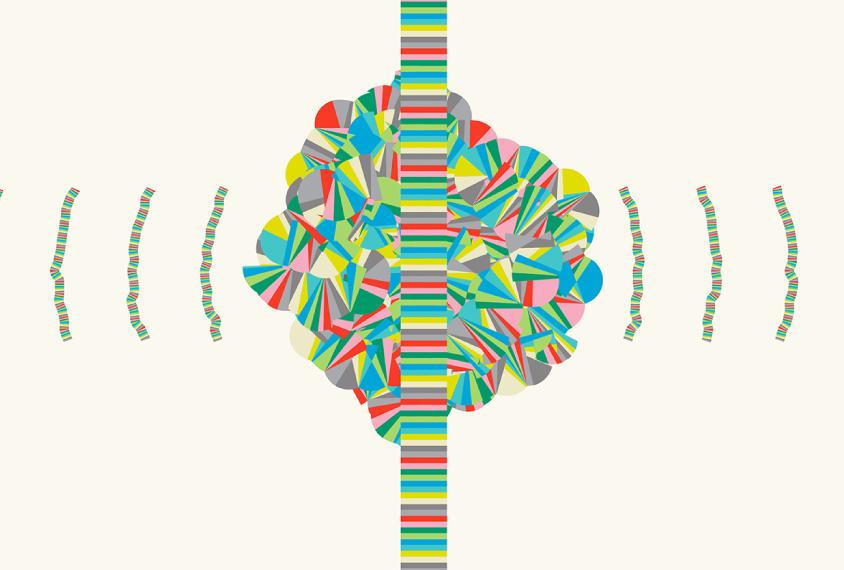
Spectrum Stories: Rewriting the story of regression in autism
One day, you have a toddler who’s vocal, who looks you in the eye, who literally reaches out to you. And then everything changes.
The most terrifying childhood condition you’ve never heard of
Childhood disintegrative disorder, a rare and severe condition, rapidly melts away a child's abilities. A new theory proposes that this little-known condition turns back the developmental clock.

The most terrifying childhood condition you’ve never heard of
Childhood disintegrative disorder, a rare and severe condition, rapidly melts away a child's abilities. A new theory proposes that this little-known condition turns back the developmental clock.
From the archives
Regression marks one in five autism cases, large study finds
The first large population-based analysis of the prevalence of regression in autism reveals that it occurs in 20 percent of children with autism.

Regression marks one in five autism cases, large study finds
The first large population-based analysis of the prevalence of regression in autism reveals that it occurs in 20 percent of children with autism.
Rare form of autism shows unique pattern of regression
More than 40 percent of children with Phelan-McDermid syndrome lose skills they once had, beginning, on average, at age 6.

Rare form of autism shows unique pattern of regression
More than 40 percent of children with Phelan-McDermid syndrome lose skills they once had, beginning, on average, at age 6.
Regression in Rett syndrome may inform autism
Studying regression in Rett syndrome may help us understand the phenomenon in autism, as it occurs at the same time in both disorders and includes many of the same features, says Jeffrey Neul.

Regression in Rett syndrome may inform autism
Studying regression in Rett syndrome may help us understand the phenomenon in autism, as it occurs at the same time in both disorders and includes many of the same features, says Jeffrey Neul.
Rare form of regression is distinct from most autism
A rare condition marked by a sudden and profound loss of skills is biologically distinct from other forms of autism.
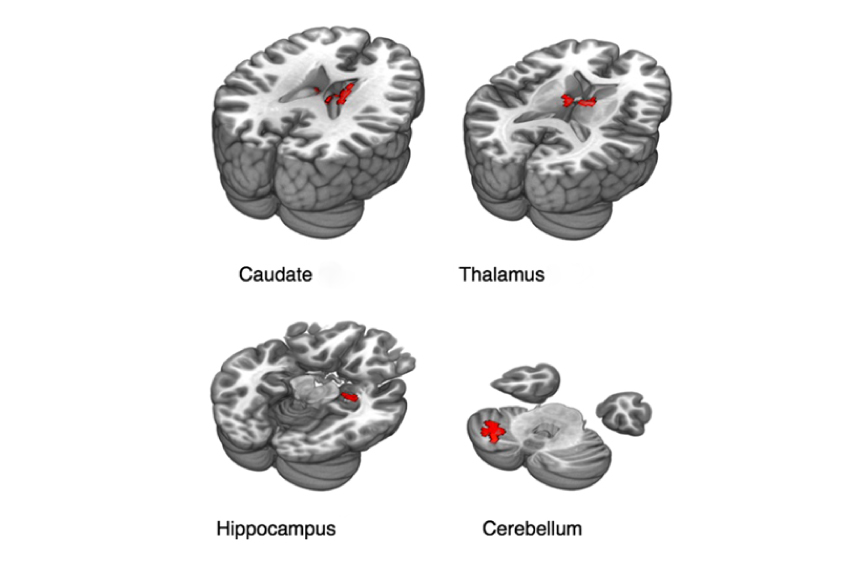
Rare form of regression is distinct from most autism
A rare condition marked by a sudden and profound loss of skills is biologically distinct from other forms of autism.
Genetics: Gene linked to adult regression implicated in Rett
A teenage girl with Rett syndrome has a mutation in WFR45, a gene that is mutated in people who abruptly lose motor and mental skills in adulthood, according to a study published 13 March in the Journal of Human Genetics.

Genetics: Gene linked to adult regression implicated in Rett
A teenage girl with Rett syndrome has a mutation in WFR45, a gene that is mutated in people who abruptly lose motor and mental skills in adulthood, according to a study published 13 March in the Journal of Human Genetics.
Skill lag and loss common in children with autism
Children with autism develop interactive skills late and many lose at least one skill by 3 years of age, says a study published in November.

Skill lag and loss common in children with autism
Children with autism develop interactive skills late and many lose at least one skill by 3 years of age, says a study published in November.
Adult onset
A growing number of reports of adult-onset symptoms in Phelan-McDermid syndrome underline the need to follow people with the disorder throughout their lives, says Katy Phelan.

Adult onset
A growing number of reports of adult-onset symptoms in Phelan-McDermid syndrome underline the need to follow people with the disorder throughout their lives, says Katy Phelan.
In defense of childhood disintegrative disorder
Childhood disintegrative disorder represents a distinct entity within the autism spectrum and it should remain a separate diagnostic category, says Kevin Pelphrey.

In defense of childhood disintegrative disorder
Childhood disintegrative disorder represents a distinct entity within the autism spectrum and it should remain a separate diagnostic category, says Kevin Pelphrey.
Explore more from The Transmitter
Okur-Chung neurodevelopmental syndrome; excess CSF; autistic girls
Here is a roundup of autism-related news and research spotted around the web for the week of 21 October.
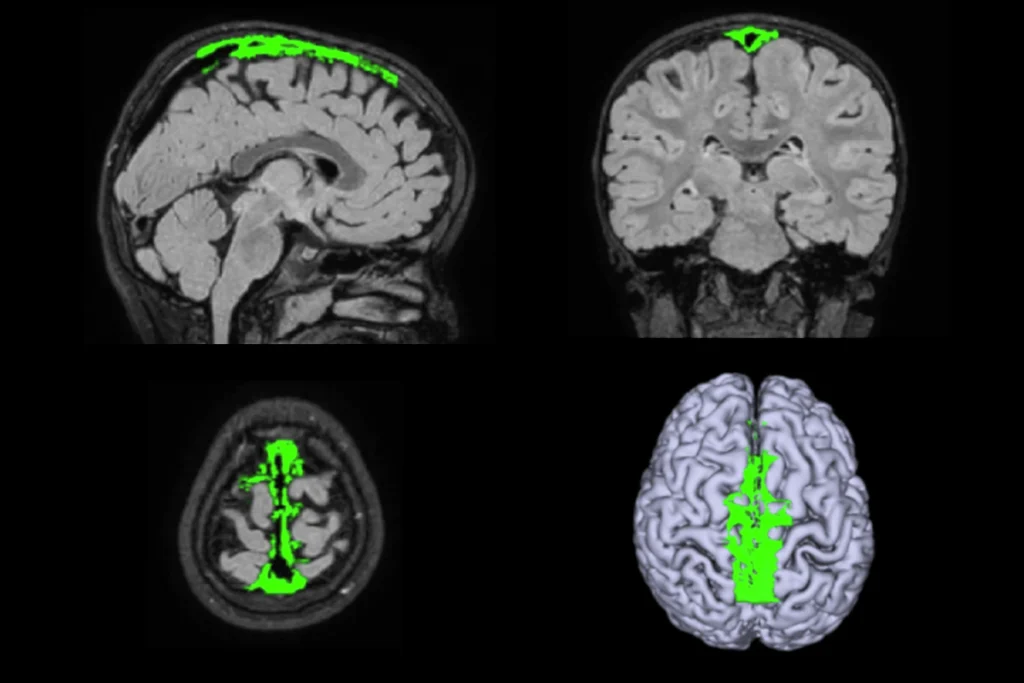
Okur-Chung neurodevelopmental syndrome; excess CSF; autistic girls
Here is a roundup of autism-related news and research spotted around the web for the week of 21 October.
Brains, biases and amyloid beta: Why the female brain deserves a closer look in Alzheimer’s research
New results suggest the disease progresses differently in women, but we need more basic science to unpack the mechanisms involved.
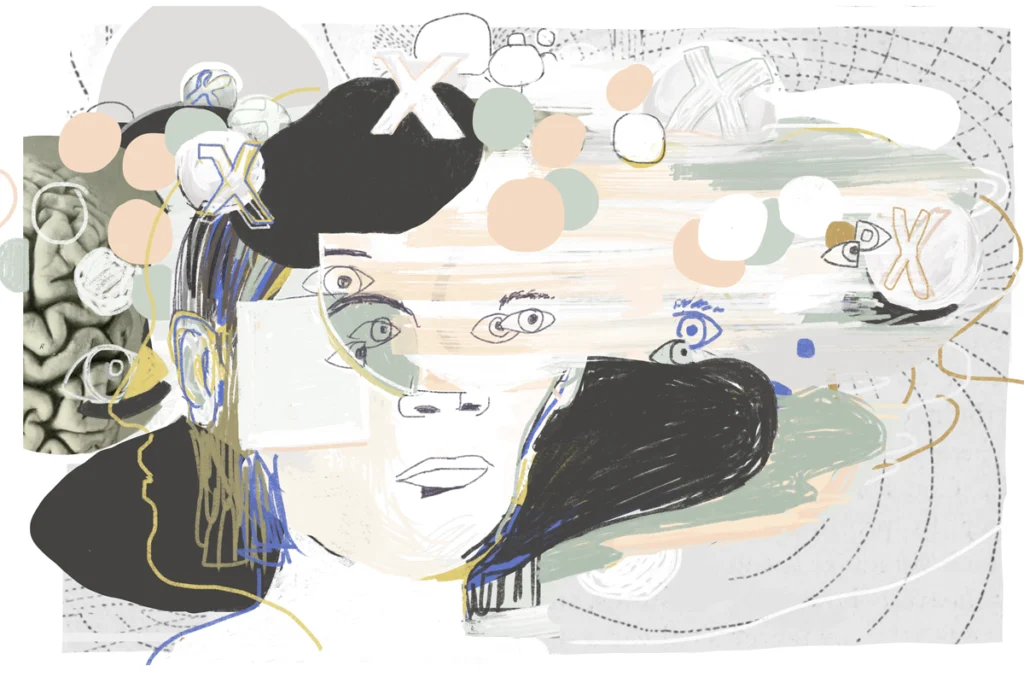
Brains, biases and amyloid beta: Why the female brain deserves a closer look in Alzheimer’s research
New results suggest the disease progresses differently in women, but we need more basic science to unpack the mechanisms involved.
Are brains and AI converging?—an excerpt from ‘ChatGPT and the Future of AI: The Deep Language Revolution’
In his new book, to be published next week, computational neuroscience pioneer Terrence Sejnowski tackles debates about AI’s capacity to mirror cognitive processes.
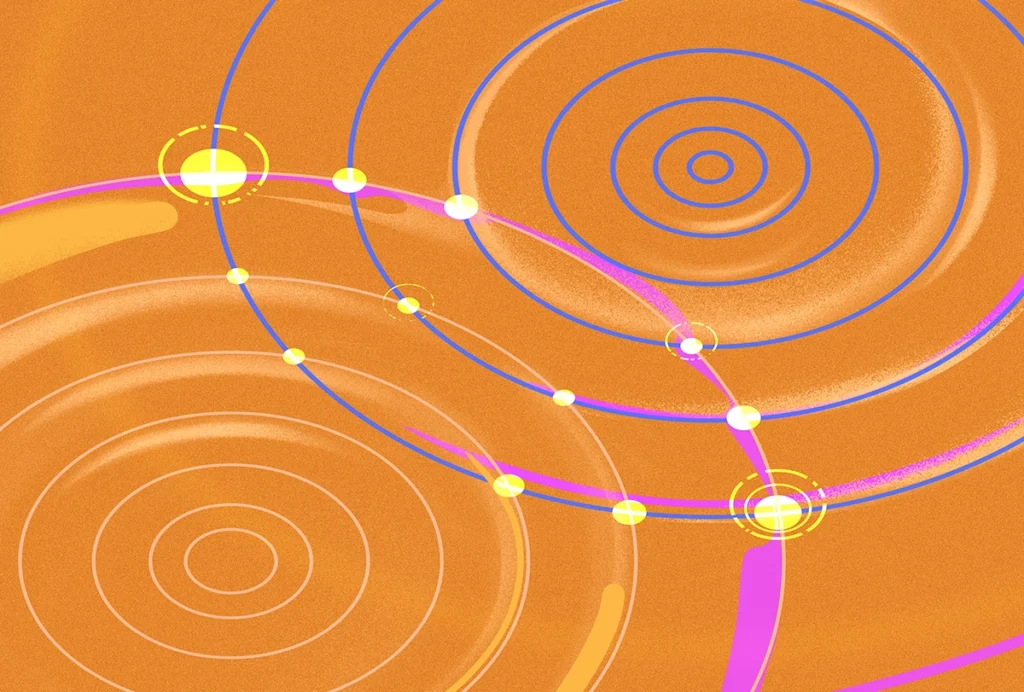
Are brains and AI converging?—an excerpt from ‘ChatGPT and the Future of AI: The Deep Language Revolution’
In his new book, to be published next week, computational neuroscience pioneer Terrence Sejnowski tackles debates about AI’s capacity to mirror cognitive processes.